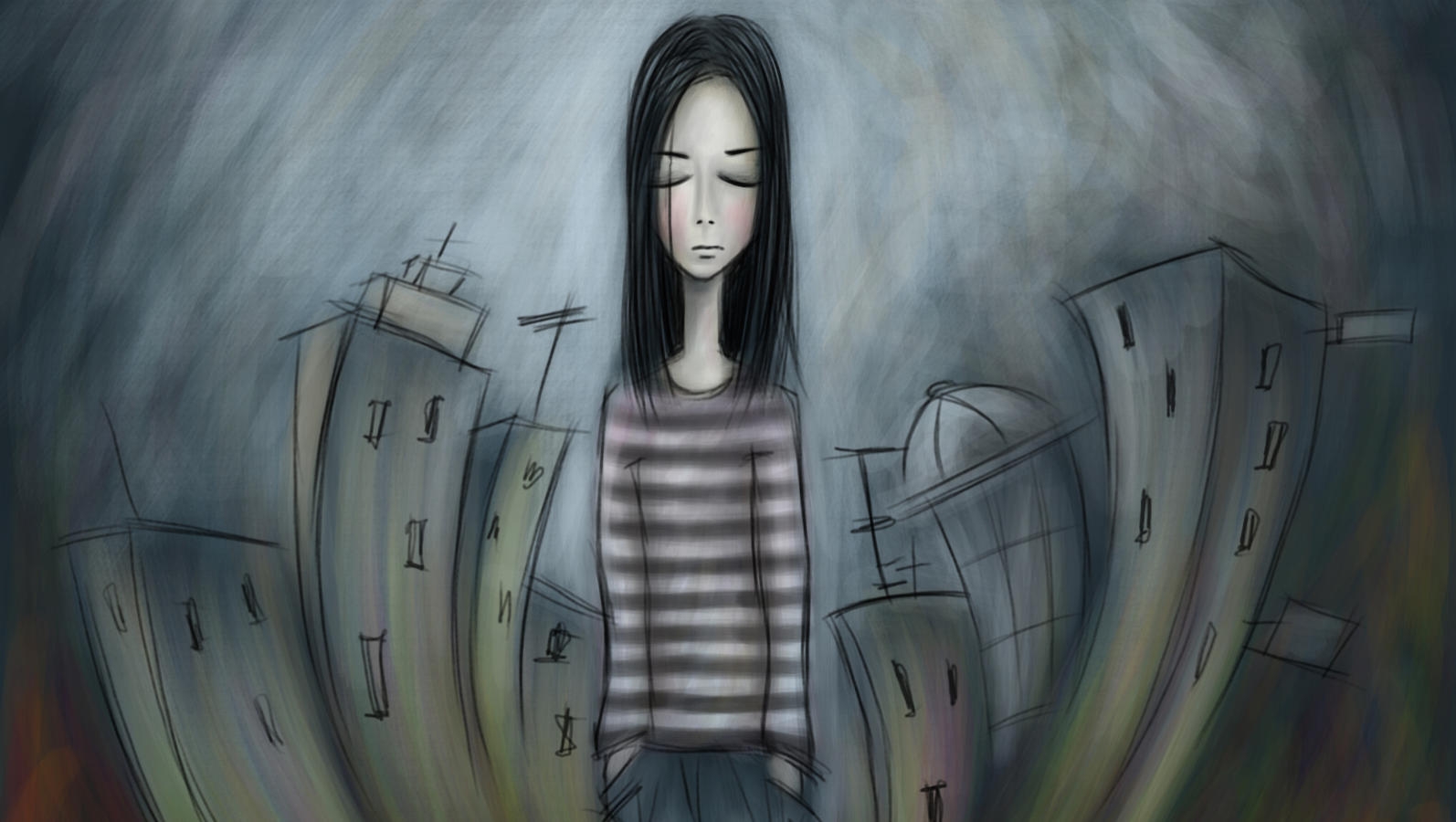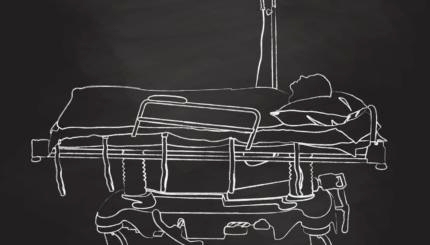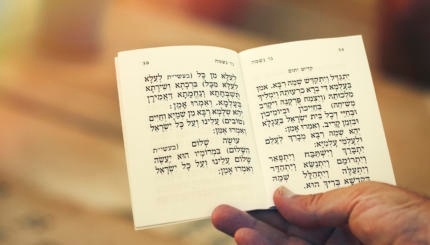Together with sitting [the seven days of intensive mourning following the burial of a family member], saying is the most familiar and widely observed of all Jewish mourning practices. During shiva and afterward, at each of the daily services, mourners recite Kaddish yatom (Mourners’ Kaddish). Many mourners try to attend Shachrit services in the morning and Mincha/Maariv in the late afternoon in order not to miss an opportunity to recite this prayer, but many rabbis rule that attending one service a day fulfills the mourner’s obligation. Traditionally, Kaddish may be recited only when a quorum of 10 Jews — a — is present.
Alternatives to Kaddish
When a person finds it difficult or impossible to say Kaddish in the synagogue [or any place that a minyan gathers] at least once a day, certain alternatives are available. A mourner may read each day a chapter from the or the Prophets or study a [an early Jewish legal text] or a passage from the Talmud. Such study would also reflect well on the person’s Jewish upbringing and hence on her parents. It is unfortunate that most people are unaware of this option, so that if they find it impossible to attend services, thinking there is no legitimate substitute they do nothing at all.
Women and Kaddish
The recitation of Kaddish for nearly a year is traditionally viewed as an obligation upon the sons of the deceased, not upon the daughters. However, since Jewish laws of mourning in every other area obligate women in the same way that they obligate men, it follows that women should feel the same duty men feel and recite Kaddish in a synagogue at least once a day. Even in Orthodox synagogues, where women are not counted for the prayer quorum and where they sit separately from men, a woman may recite Kaddish along with the men from her own seat, just as she recites other prayers from her place during the course of the service. A daughter who is Jewishly knowledgeable and committed to regular synagogue attendance honors the memory of the deceased parent just as much as a learned and observant son does.
It is interesting to note that in the biblical and talmudic period women were actively and even formally involved in the mourning rites as keeners (mekonenot), composing dirges and leading the responsive recitation of various kinds of lamentations.

Help us keep Jewish knowledge accessible to millions of people around the world.
Your donation to My Jewish Learning fuels endless journeys of Jewish discovery. With your help, My Jewish Learning can continue to provide nonstop opportunities for learning, connection and growth.
Long-Term Effects of Kaddish
In many ways, reciting Kaddish on a regular basis for almost a year, let alone honoring the deceased parent, also gives the son or daughter an opportunity to receive communal sympathy for this entire time and even to channel his or her own bereftness into positive action. The need to attend services regularly often gives a new focus to the mourning child and fills a void left by the death of the parent, the community’s attention substituting in a certain way for parental attention no longer available to him or her. Many mourners actually forge new bonds to their Jewish community and synagogue minyan as a result of this yearlong experience.
At the time of mourning a parent, which for many people occurs in their 40s and 50s, many rediscover what Judaism has to offer and emerge from the year more committed and observant than before. The loss of a parent makes one at once more vulnerable and more open to new experiences or to changing one’s way of doing things. Whereas Judaism up until that time may have been experienced vicariously through a parent, at this time a person comes into direct contact with it and struggles to find a new personal meaning in the Jewish faith and community.
Arranging for Someone Else to Say Kaddish
In the past, when a person died leaving no sons or leaving sons who were not observant, a Kaddish-sayer was paid to recite Kaddish at three synagogue services each day [and this custom still exists in many traditional communities]. This person was not related to the deceased but was a Jew whose custom it was to pray three times a day in the synagogue. Many have decried this practice because it engenders disrespect rather than respect. If children of the deceased are not available to say Kaddish on a relatively consistent basis for the entire period, rather than hire a Kaddish-sayer, some rabbis suggest that relatives and friends divide the responsibility among themselves.
Excerpted with permission from “Death and Mourning: A Time for Weeping, A Time for Healing,” in Celebration and Renewal: Rites of Passage in Judaism, edited by Rela Mintz Geffen (Jewish Publication Society).
Sign up for a Journey Through Grief & Mourning: Whether you have lost a loved one recently or just want to learn the basics of Jewish mourning rituals, this 8-part email series will guide you through everything you need to know and help you feel supported and comforted at a difficult time.
Looking for a way to say Mourner’s Kaddish in a minyan? My Jewish Learning’s daily online minyan gives mourners and others an opportunity to say Kaddish in community and learn from leading rabbis.



